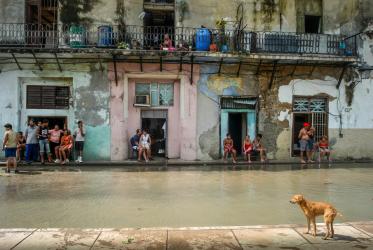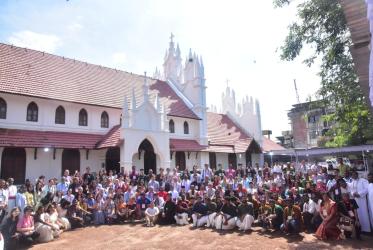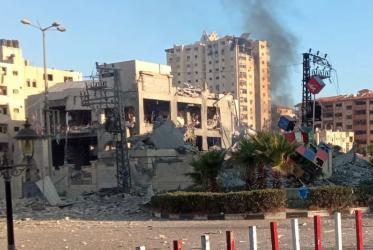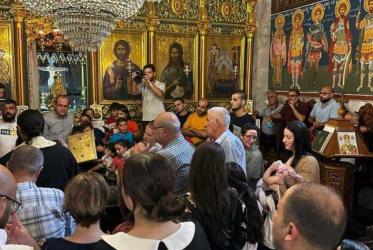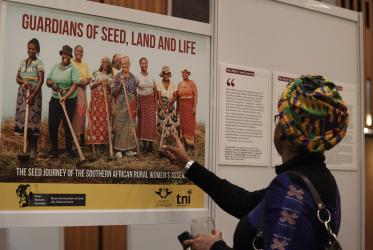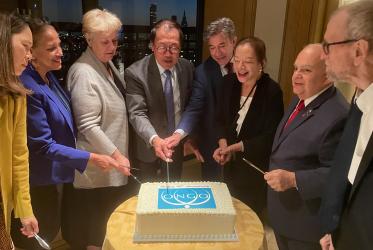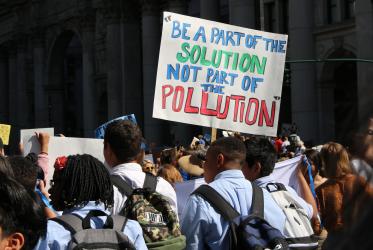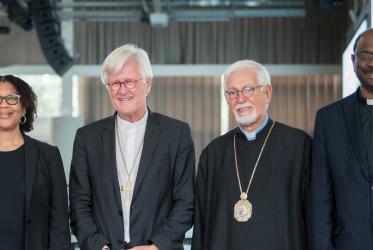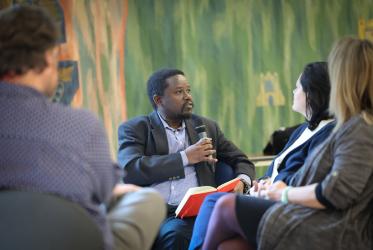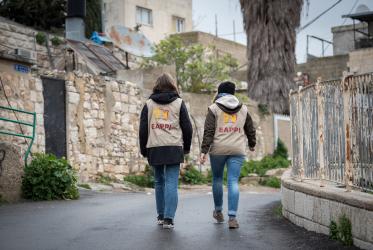Displaying 221 - 240 of 5210
Blending local and global ecumenism in Asia
02 November 2023
Global Christian Forum convening at Ecumenical Institute at Bossey
02 November 2023
Ahead of Her Time
Pan-African Women of Faith and the Vision of Christian Unity, Mission, and Justice
01 November 2023
WCC guide raises awareness of obstetric fistula
26 October 2023
A Guide for Churches on the Prevention of Obstetric Fistula
26 October 2023
WCC leaders step up as Thursdays in Black ambassadors
26 October 2023
At peace conference, WCC focuses on overcoming racism
26 October 2023
“The occupation can’t last forever”
25 October 2023
“They want to live without fear and constant harassment”
25 October 2023

